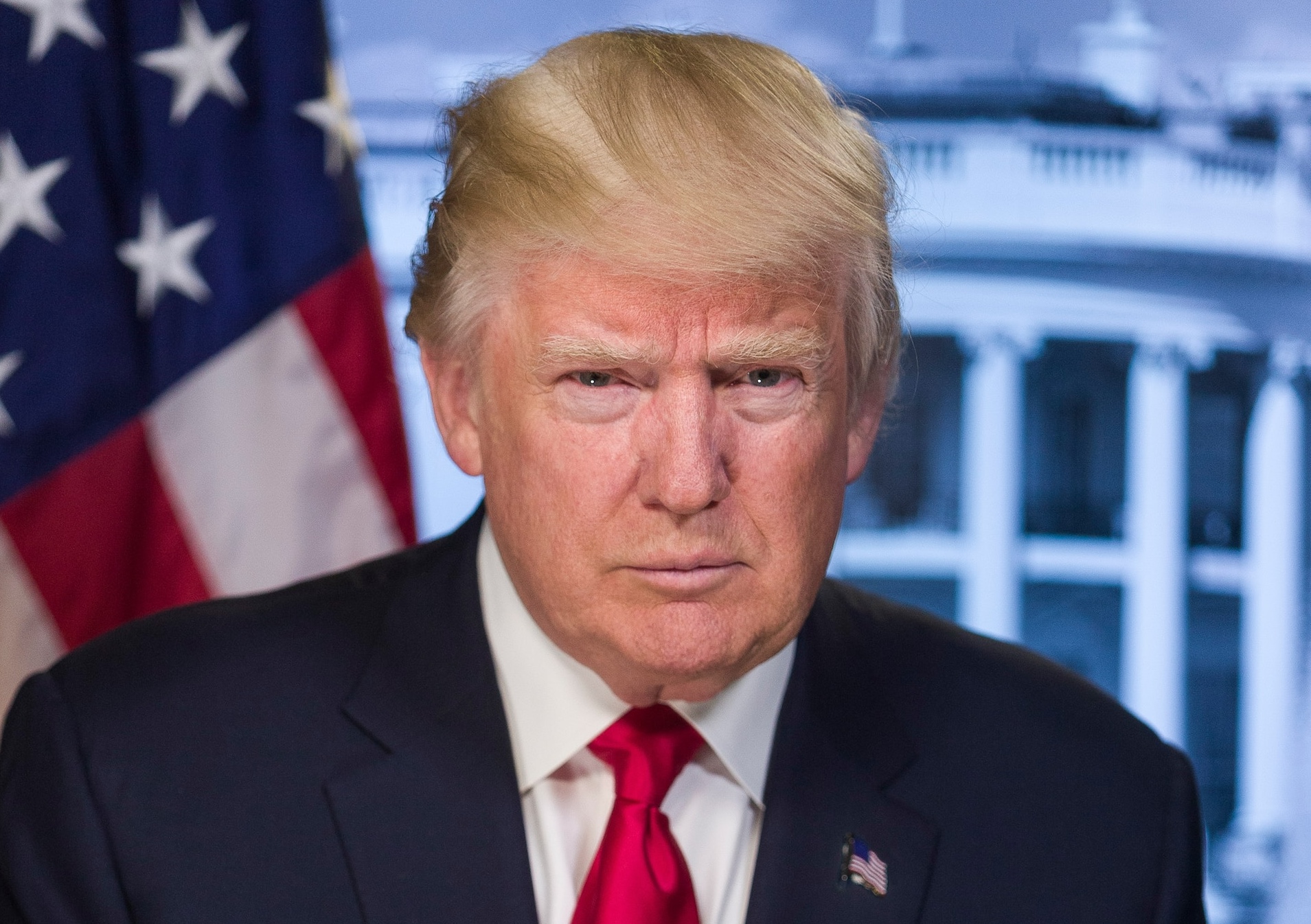
Donald Trump Pledges to Halt the Introduction of a CBDC in the US
Former President Donald Trump has made a resolute commitment to prevent the issuance of a Central Bank Digital Currency (CBDC) in the United States. Trump’s unwavering stance against CBDCs is rooted in his belief that the US dollar should maintain its position as the world’s leading reserve currency. This opposition, expressed throughout his campaign and term, raises significant questions about the future of digital currencies in the country.
Trump’s opposition to CBDCs stems from his concerns that such a digital currency would undermine the supremacy of the US dollar. He argues that the introduction of a government-controlled digital currency could potentially expose the dollar to competition from other digital currencies, thereby diminishing its status. This viewpoint aligns with conservative sentiments that advocate for limited government intervention in the financial sector.
During his presidency, Trump openly criticized the concept of a CBDC, emphasizing potential disruptions to the existing financial system. He expressed concerns about increased surveillance and privacy breaches that could arise from a government-controlled digital currency.
While other countries, most notably China, have been exploring the development of their own CBDCs, Trump’s opposition may discourage the Federal Reserve from pursuing a similar path. The potential benefits of CBDCs, such as enhanced financial inclusion, reduced costs, and streamlined cross-border transactions, may be impeded by influential figures like Trump who oppose their implementation.
It is worth noting that Trump’s opposition to a CBDC does not necessarily equate to a complete dismissal of digital currencies. The former president has expressed support for cryptocurrencies like Bitcoin, viewing them as an alternative to government-controlled digital currencies. This endorsement aligns with the broader trend within the fintech industry, which recognizes the decentralized and borderless nature of cryptocurrencies as a means to maintain greater control over financial transactions.
Photo by Library of Congress on Unsplash





